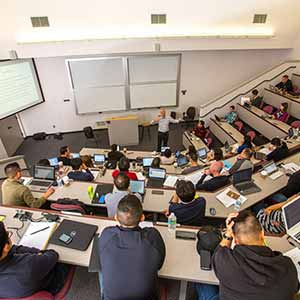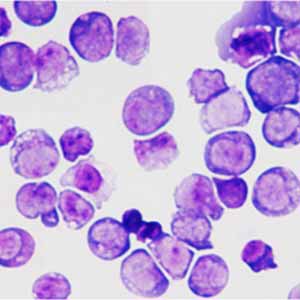UC San Diego School of Global Policy and Strategy Launches New Master of Public Policy
The School of Global Policy and Strategy (GPS) at the University of California, San Diego has expanded its roster of globally renowned degree programs with the launch of a new Master of Public Policy.













